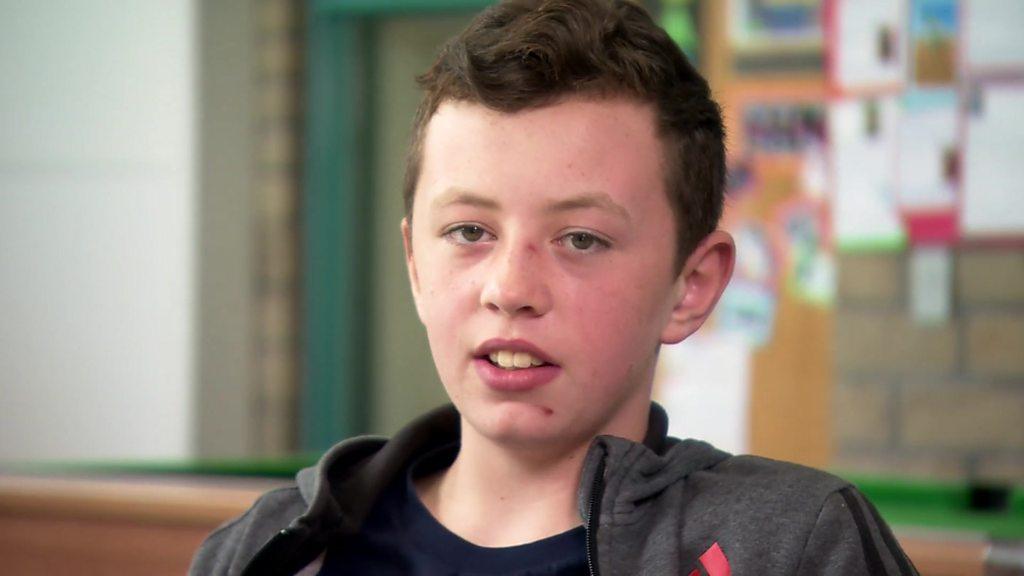Bristol children being 'failed' as exclusions rise, say council
- Published
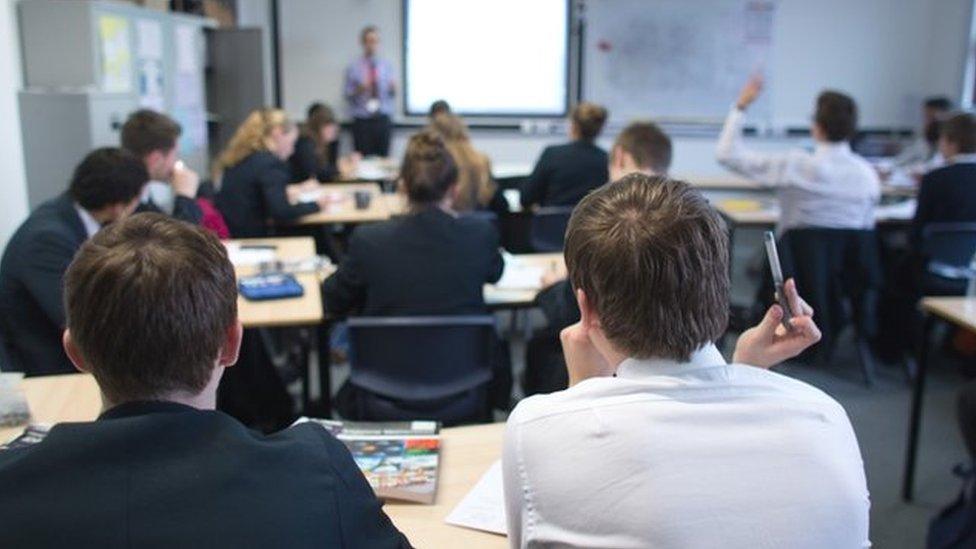
Bristol City Council bosses said children are being "failed" by schools
School children are being "failed" as permanent exclusion rates rise, according to council bosses.
In Bristol, 73 children have been excluded from schools since the start of the academic year last September.
Exclusion rates in the city are higher amongst ethnic minorities, according to the figures from the city council.
There are now plans to offer early intervention techniques in primary schools so issues can be resolved sooner.
More than twice as many children in the city were permanently excluded last year, compared to the past two years.
Two secondary schools were responsible for more than a third of permanent exclusions in Bristol in the last academic year, although a council report did not specify the institutions.
The Department for Education is expected to publish figures showing the number of exclusions per school in the coming months.
During a people scrutiny meeting on Monday, Councillor Kerry Bailes said: "[Children are] being failed by the schools, by the system, funding and the culture crisis. Is it any wonder we're in a position where kids are killing kids in this city?
"They've been failed massively."
Being permanently excluded from school can often harm the life chances of children, the Local Democracy Reporting Service said.
'Absolute crisis'
Deputy mayor Asher Craig said schools are "partly responsible" for what she calls the "school-to-prison pipeline."
"I'm quite shocked about how many children we're seeing excluded from primary school.
"That never used to be a thing at all, but now we're seeing five-year-olds being excluded permanently," she added.
Exclusion rates are also increasing elsewhere in the country.
One reason behind the rise is thought to be inexperienced headteachers, with many schools facing an "absolute crisis of recruitment and retention", according to councillor Katja Hornchen.
"We are going months and terms without teachers in specific classes.
"For vulnerable children it's hugely disruptive because they've usually got a thing of not trusting adults, and now they're constantly having this stream of changing adults in front of the classroom telling them what to do. That really sets them off."

Follow BBC West on Facebook, external, X, external and Instagram, external. Send your story ideas to: bristol@bbc.co.uk , external
Related topics
- Published16 November 2023
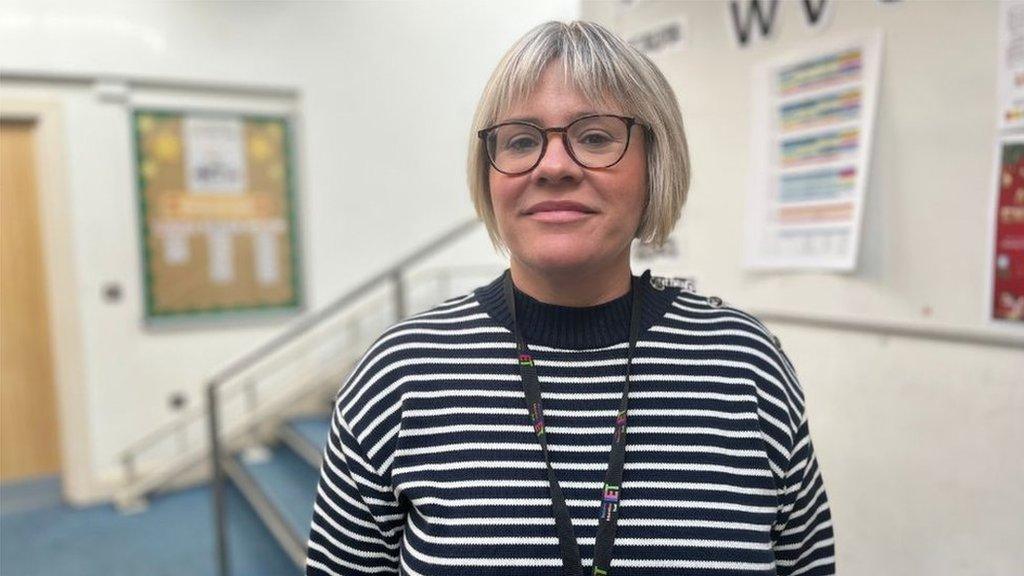
- Published29 August 2023
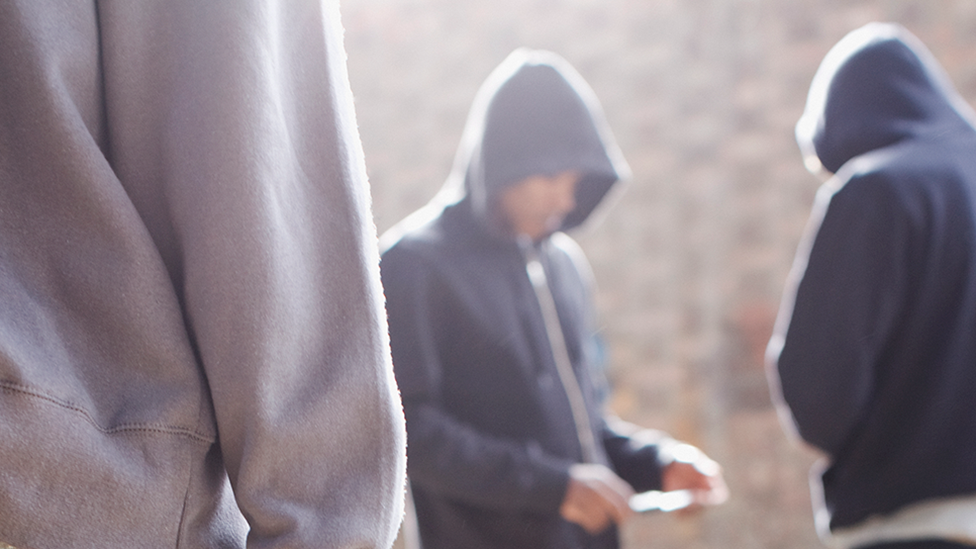
- Published1 January 2020
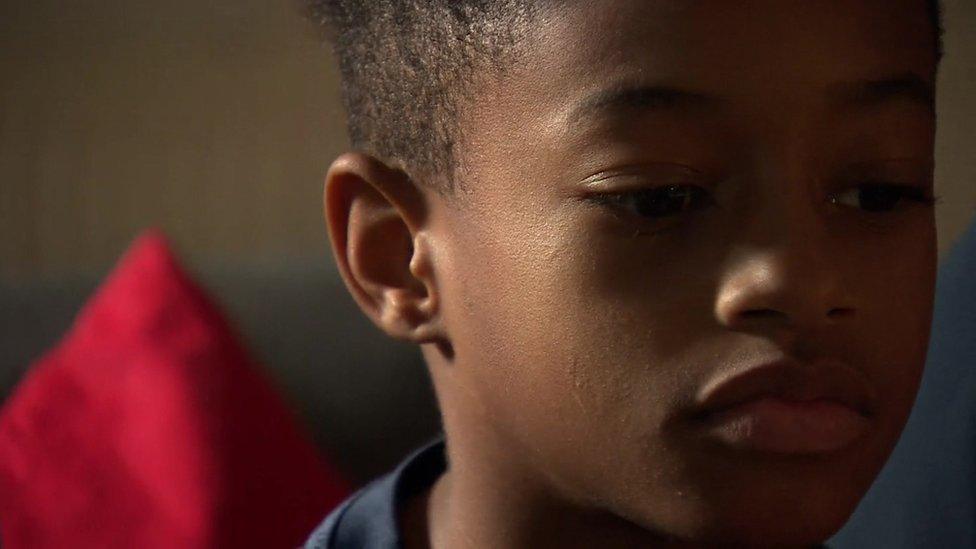
- Published26 July 2018
